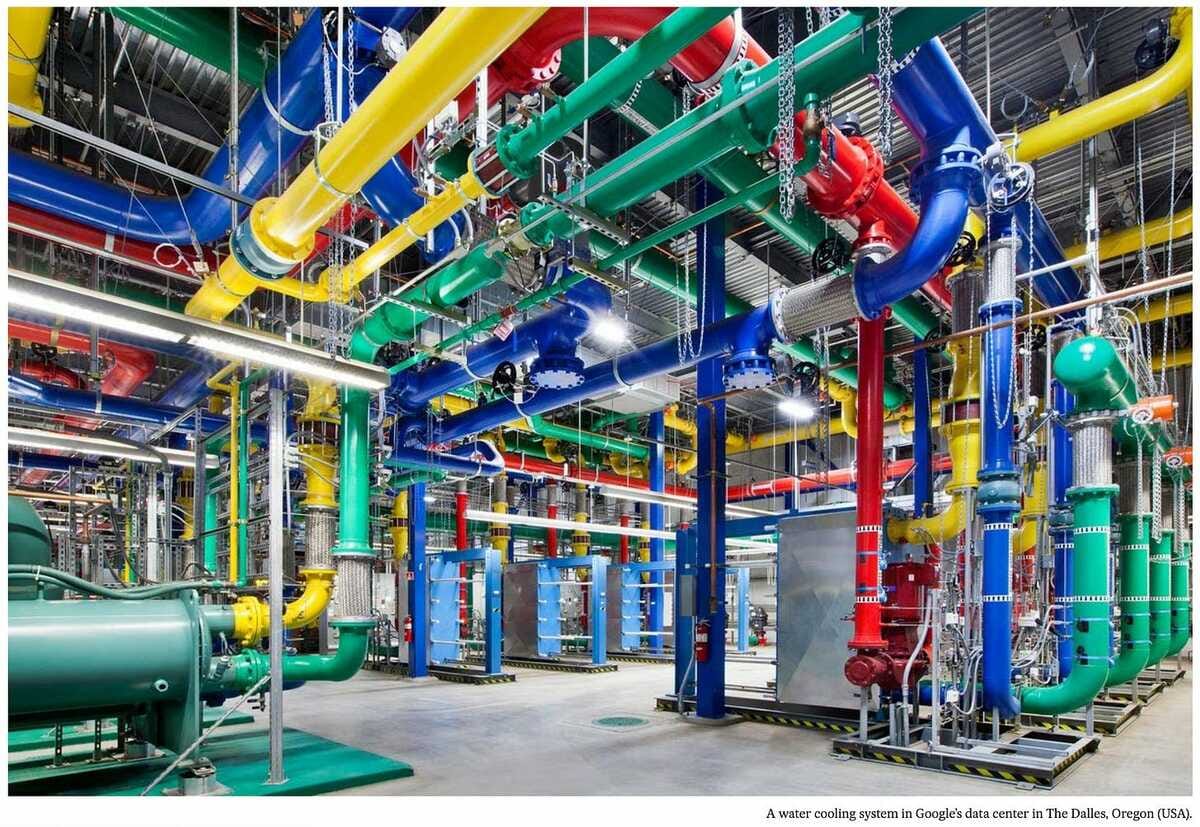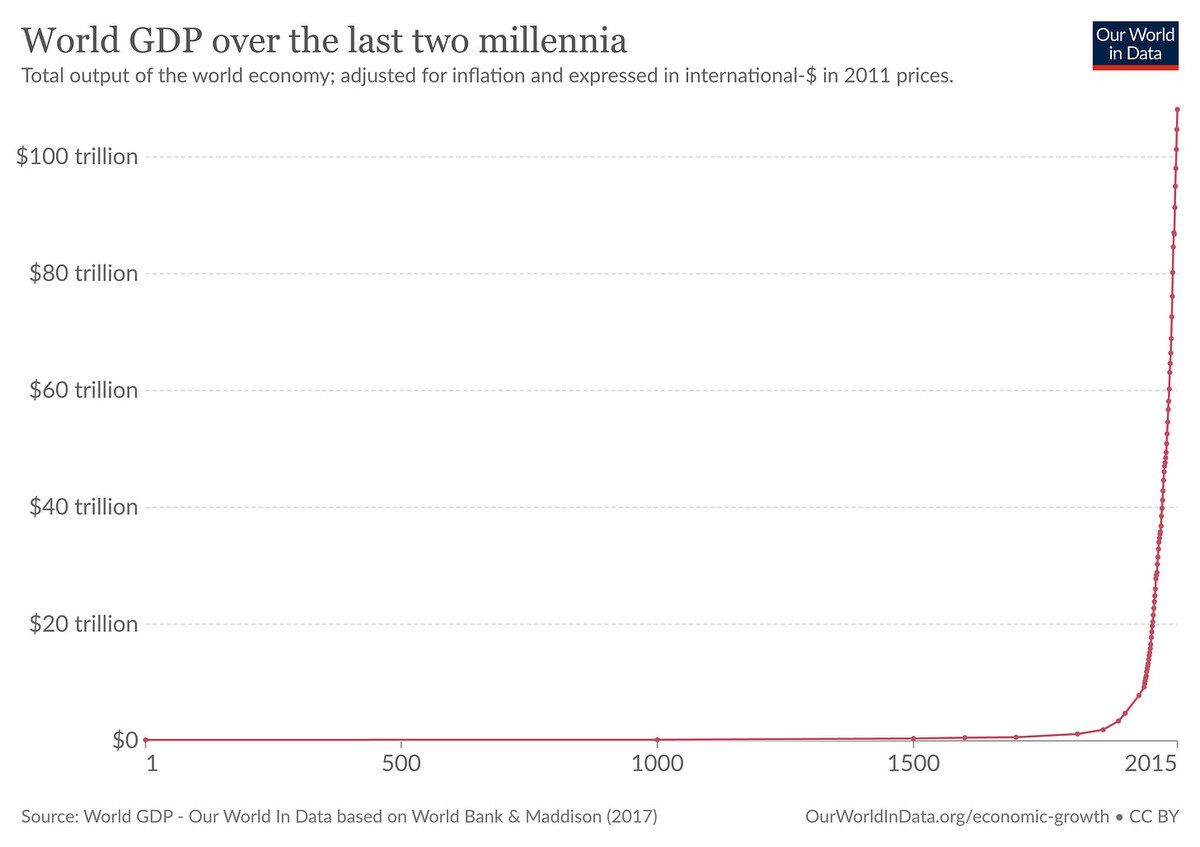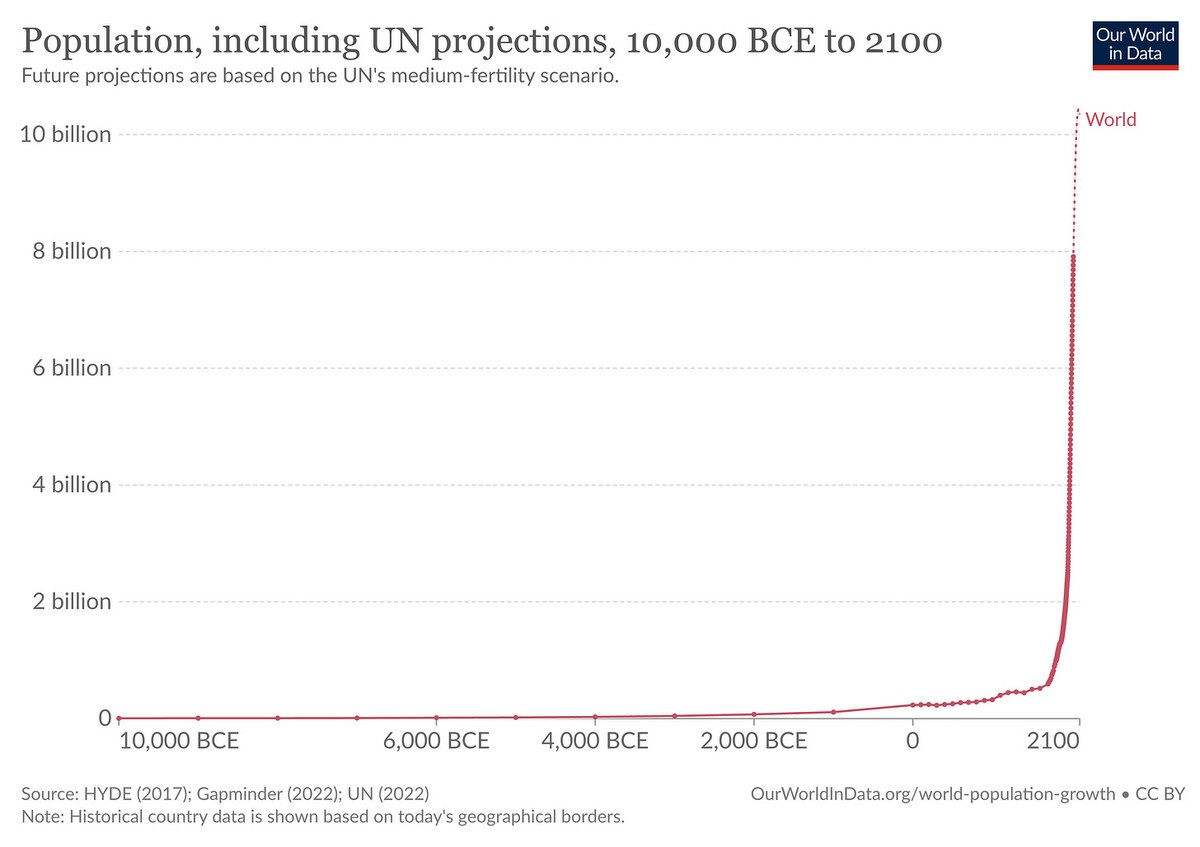
Recently, I remotely attended a tech talk by Microsoft CTO Leslie Miley talking about the sustainability of the AI in terms of its impact on society and environment. He shared some fascinating facts and dived deeper into various cultural aspects, which I have to admit, I wasn’t aware of it before. Here are some key highlights:
AI would require new kind of data centre design what he called as “hyper-scale” due to the nature of the workloads involved
Such large scale data centres comes with increased demands on cooling water which in some cases could be 19 million litres of water per day
Generative AI could be a transformative technological next step and how we make sure that its impact on social cohesion and communities is fully thought through
El Pais newspaper published an article few weeks ago along the same lines. According to this report, the energy consumption and carbon footprint of AI have caught up with that of aviation, not to mention mining effects of rare earth metals that goes into producing these servers which run computing workloads. By some estimates, electricity consumption of ChatGPT in 2023 could equal annual consumption of 175k Danish house holds which is just mind boggling.
This is not surprising since according to a recent paper, share of power generated from non-renewables is playing a larger consumption role. One main driver of this might be that usage of AI and subsequent requirements to continuously train machine model require larger and larger computing resources. Since building a offshore wind farm or hydroelectric dam could take years, coal and gas

And this is just the beginning or tip of the iceberg as AI is increasingly being compared to the next big step on par with industrial revolution which massively increased our capacity to produce (and destroy) things.
If we look at historical trends related to world GDP and population growth, they are following exponential growth curves for last 250 years and especially accelerated as the industrial revolution picked up steam. This mass acceleration in wealth creation and population growth brought both its benefits and challenges (wars, famines, global inequality, conflict etc).


Similarly, with the current growth and investments in various forms of AI (deep learning, generative AI, natural language processing etc), we are seeing more and more applications where AI begins to play more active roles to automate or bring deeper insights. With more data becoming available for AI algorithms, AI algorithms intelligence will only grow exponentially.
Grace et al, in their recent paper, created an aggregate forecast, by surveying AI researchers from 45 countries, to predict when high level machine intelligence will arrive in the future.

Similarly, they also created a timeline estimation for AI achieving human performance. It may seems slow but actually its a remarkable progress e.g. humans took millions of years of evolution while machines would be arriving at that juncture in just mere few hundred years which is a tiny time drop.

With all these various trends overlapping and coinciding, the questions remains how well prepared human society’s social and regulatory structures are to deal with these transformative changes in upcoming decades.